 Voices from the Midstate
Voices from the Midstate
Storytelling and the documentation of current events have been a part of communities since the beginning of time. One of WITF’s core missions is to engage our community and invite diverse voices to tell their stories. We believe in cultivating and developing ongoing relationships with members in the community itself. By doing that, we give ourselves the best chance to hear peoples’ concerns and understand their unique needs, and to provide them a safe space to fully and honestly share their stories.
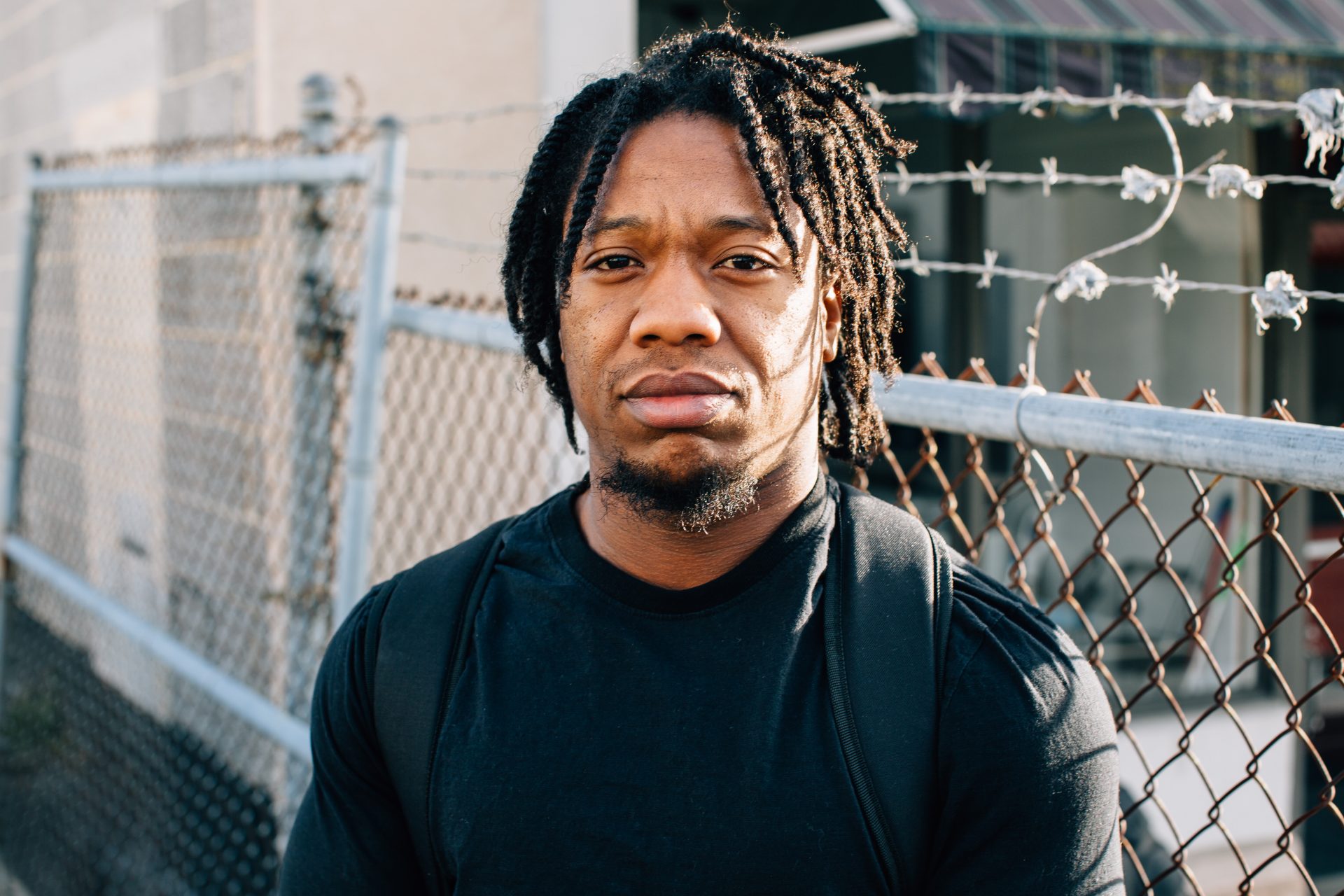
“Racism is what our nation is built on.” — Jeffrey Baltimore
Harrisburg, Pa.
Head coach
Fourteen Forty Athletics
What is your definition of racism?
Racism is not what it used to be; people still have this idea that racism is getting hung from a tree, being told to sit in the back of the bus or being called [the n-word] to your face. While [those things still happen] racism today is more subtle and hidden in plain sight. It is so ingrained into the American way, that we consider it normal. Racism is what our nation is built on, and for people that look like me, it is a roadblock.
How have you experienced racism within our region?
Racism is experienced more often than we think, but it is so normalized that we hardly notice it. It could be getting treated poorly when you go to the doctor’s office and going to the supermarket in the suburbs to get good produce. It could be having to wear your hair a certain way or speak a certain way as to not scare people. Seeing someone clutch their purse when they walk by you or seeing the noticeable difference in treatment by a waitress between you and a white family right next to you.
What is one way that we can do better to initiate a change in our region?
To be honest, there is little hope for me when it comes to making this [community] a more inclusive space. People will always fear things they don’t know or are told to fear.
It’s like all things, but it starts with what we teach our children. If we teach our children fear and hate, they will grow up with fear and hate in their hearts. If we teach them to love and be inclusive, they will have that in their hearts. But ideals and values are passed down and it’s hard to break that cycle. It’s not enough to be “not racist” we have to be “anti-racist.”
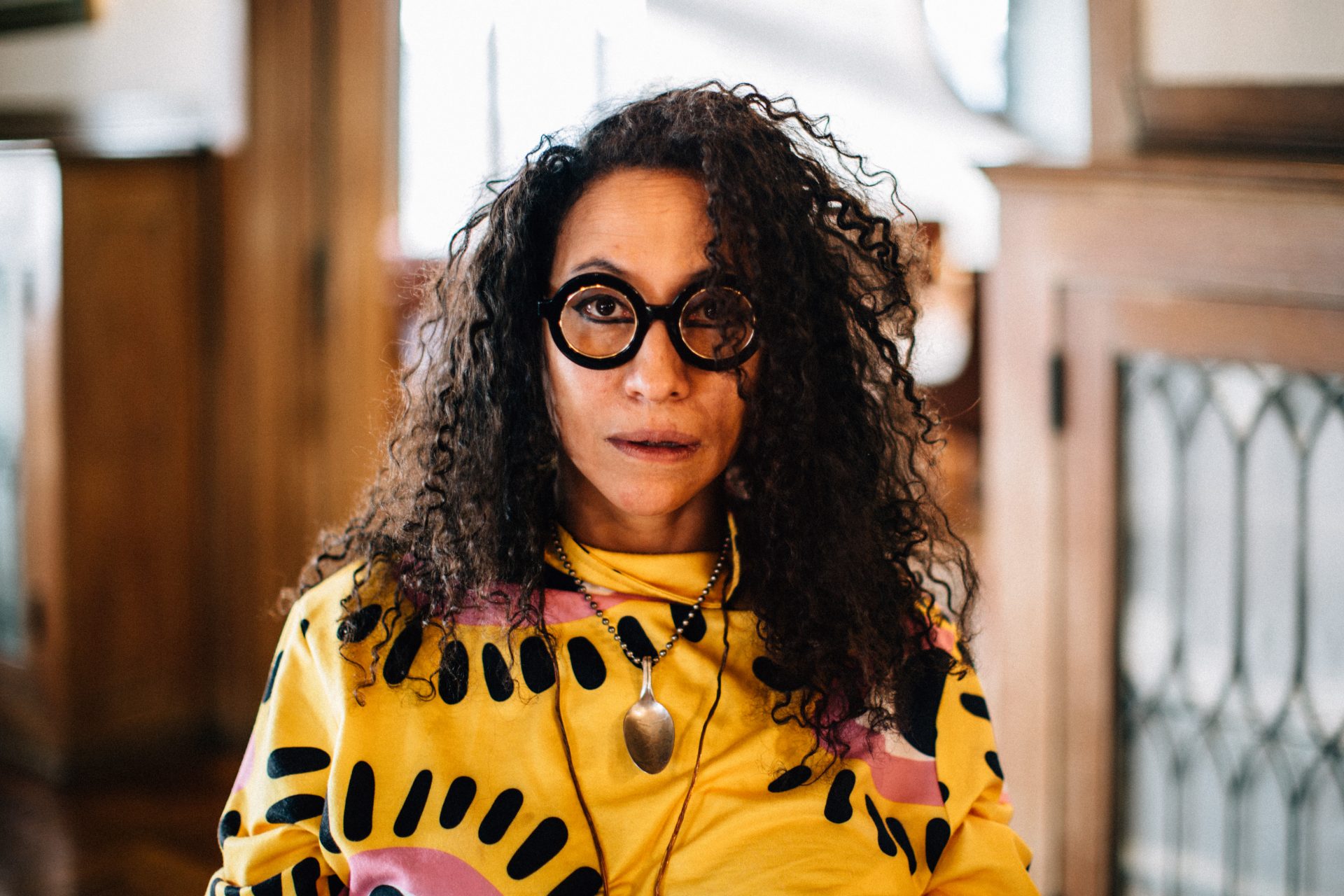
“The system around us has placed too strong of an emphasis on [skin] color.” — Reina Wooden
Harrisburg, Pa.
Artist
What is your definition of racism?
Personally, racism is something that was introduced to me; as I’ve gotten older, I’ve realized that the system around us had placed too strong of an emphasis on [skin] color. Unfortunately, that has translated to a behavior in which others are treated differently based on their race.
How have you experienced racism within our region?
I lived in Philadelphia until I was 12 but grew up in a rural area in Pennsylvania. Early on, it was made very clear that [my peers] were taught how to think, process and interpret people that were different than them in a negative way. When I was younger, I was asked to a school dance and on the night of, he called and said that his family didn’t want to be seen with me because they weren’t comfortable [with the color of my skin].
I’m fortunate that my parents were strong-minded individuals and never let their color or background change or affect them and helped me acknowledge that our ancestors had it much harder than I did.
What can we as a region do to initiate a change?
We need to stop using buzzwords like “white privilege” and “white guilt”; I am not a supporter of that approach because psychologically, it’s designed to fail. Human beings are uncomfortable admitting they are wrong and until we have conversations with one another confronting what makes us uncomfortable, nothing is going to change. We must allow [all] people a safe space to share their fears and feelings.
My [personal] focus is to diversify art institutions and incorporate art as a teaching tool to expose our community to different cultures and forms of art. Art [in general] is still very segregated, and my hope is to build the necessary bridges to allow for all walks of life to be immersed in different modalities of expression through art.
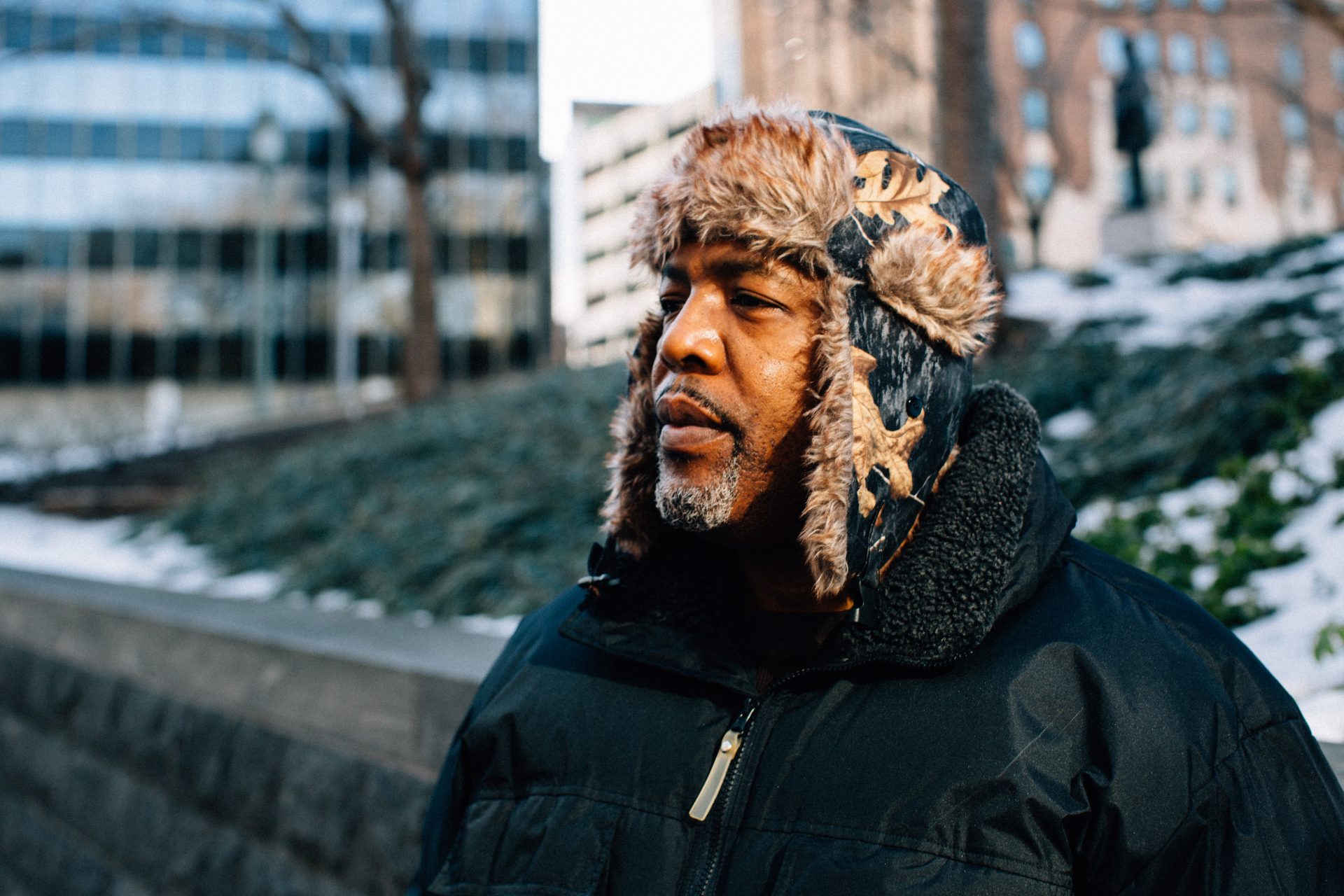
“Having powerful conversations like this is where we should start.” — Enoch McKnight
Harrisburg, Pa.
Maintenance technician
What is your definition of racism?
My definition of racism is when a group or individual has the power or ability to suppress an entire race or ethnic group.
How have you experienced racism?
I grew up in Selma, Alabama and I remember driving down the street as a little kid seeing a KKK sign that said, “Welcome to Alabama.” As a young Black man, for no reason, a cop came up to me and slammed me to the ground and told me to shut up.
As an adult, I have witnessed and experienced racism within our criminal justice system and have begun to understand just how broken it is.
What can we as a region do to initiate a change?
I think the first thing we must do is take a deep breath and realize that just because someone lives in a high-crime area does not mean they are a criminal. I think that as a collective, having the courage to do something differently than our predecessors will be when we see [a change]; having powerful conversations like this is where we should start.
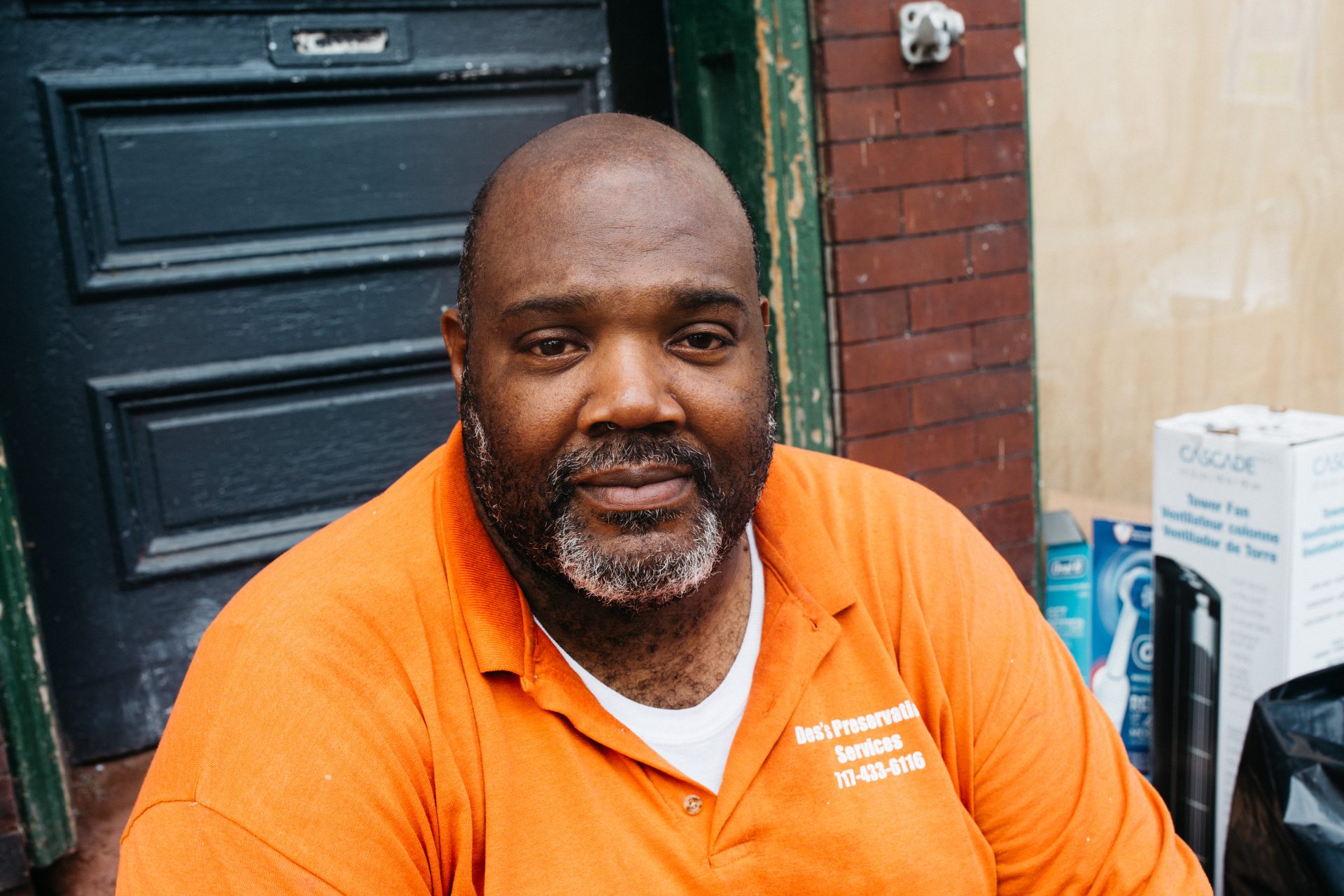
“I think both sides need to change.” — Desemer Robinson
Steelton, Pa.
Subcontractor
What is your definition of racism?
I don’t have definition of racism, because I believe that it cuts both ways. I think both sides need to change.
How have you personally experienced racism in our region?
I haven’t experienced racism at all.
What can we as a region do to initiate a change?
We need to talk to one another and be kind – that’s it, plain and simple.
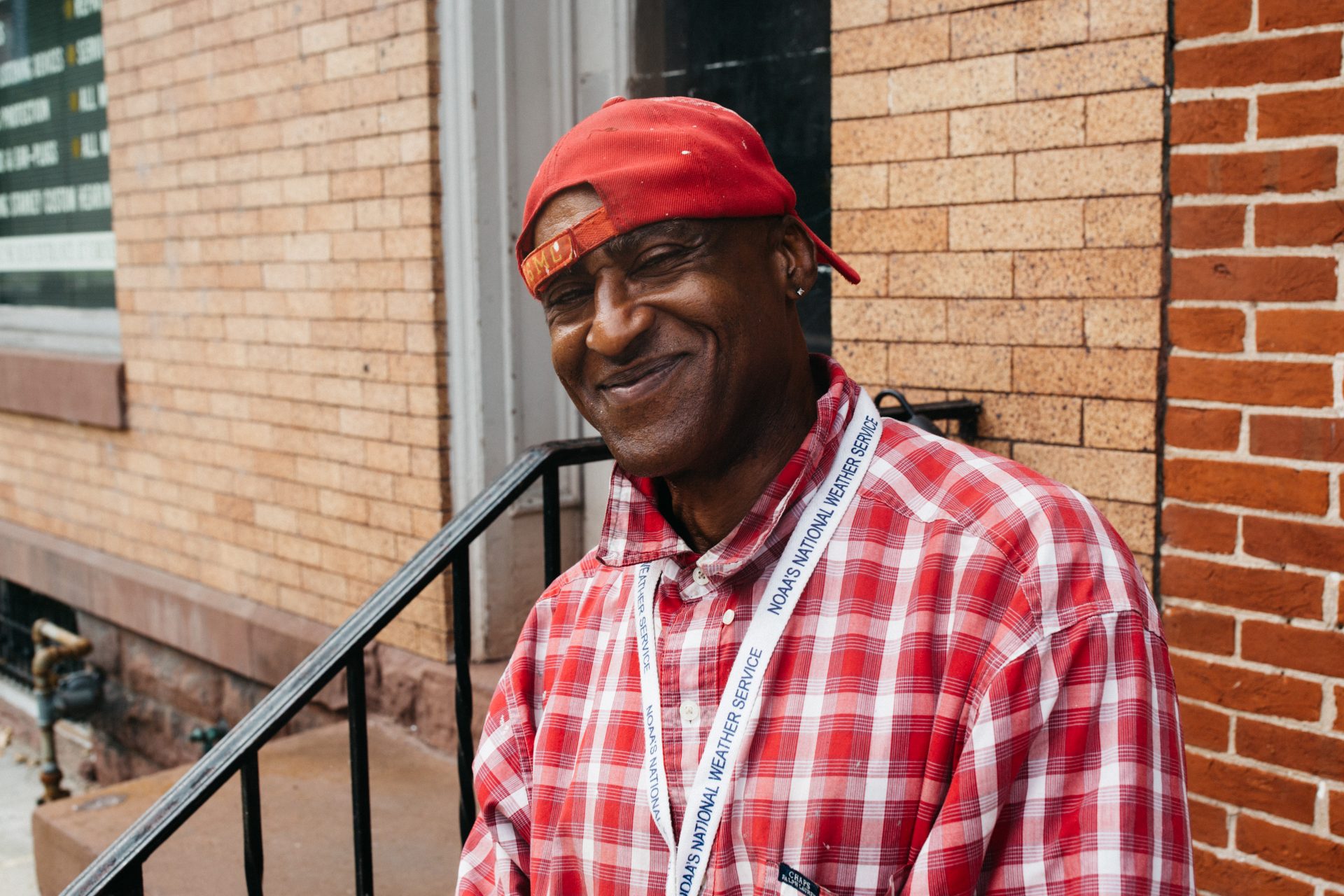
“I was involved in a hate crime a long time ago.” — Donald H.
Harrisburg, Pa.
Handyman
What is your definition of racism?
My definition of racism is when people set others apart because of their color, religion or sexuality.
How have you personally experienced racism in our region?
I was involved in a hate crime a long time ago in Altoona, Pennsylvania. I was walking down the street with a white female and some guys started saying some stuff and beat me with a crowbar, and I was in a coma for four days. It kept me away from reaching out to certain people, even though I know that not all [white] people are like that.
What can we as a region do to initiate a change?
I think we need better training for law enforcement and more community programs with different types of educational options.
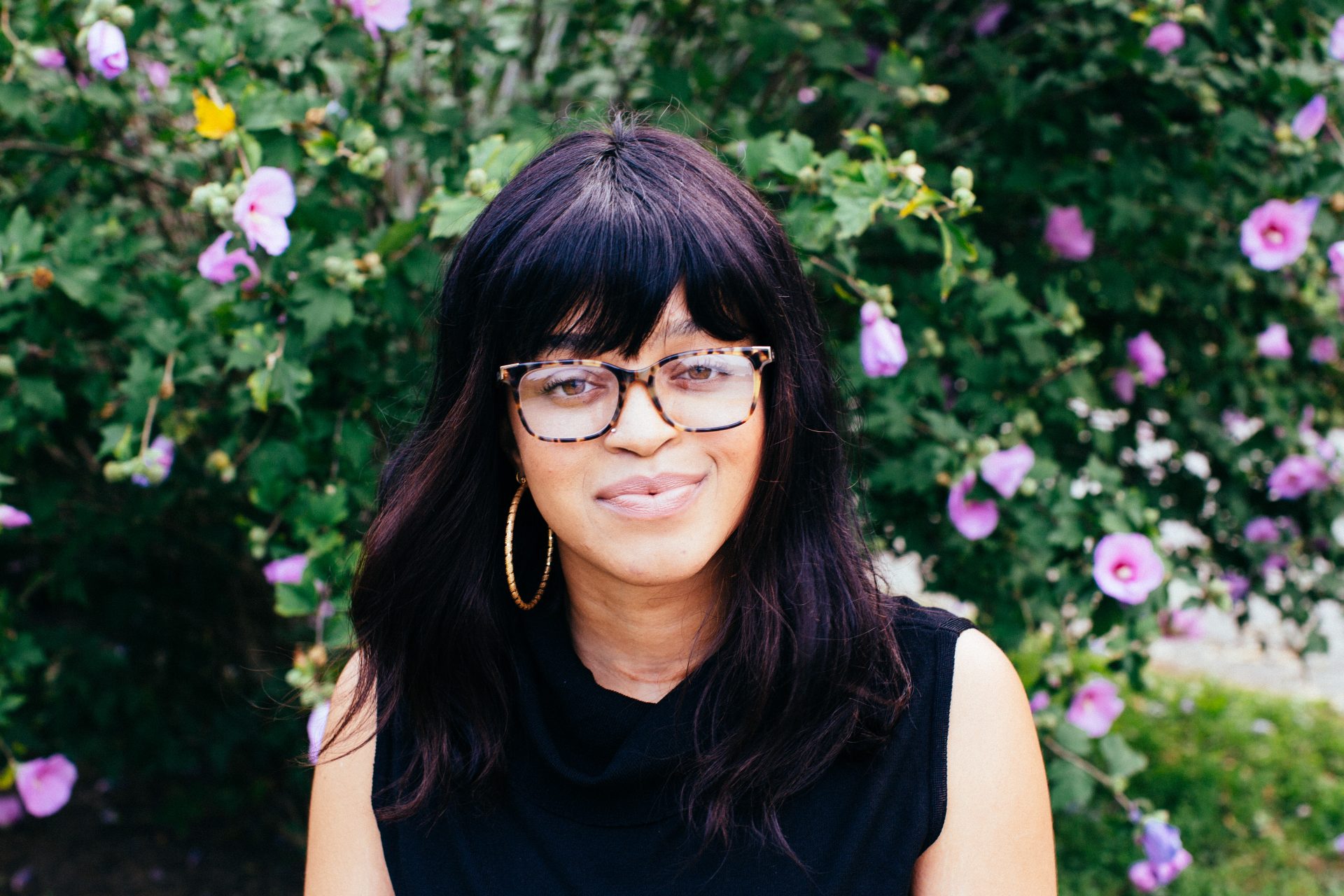
“There is space in this fight for all of us.” — Madeline Williams
Harrisburg, Pa.
Deputy Chief of Staff to the First Lady
What is your definition of racism?
Racism is thinking less of a specific ethnic group, using stereotypes and many times, inaccurate information to cast judgment. [It is when you] think less of others and put them into a specific category of not being worthy that another ethnic group is.
How have you experienced racism within our region?
I don’t necessarily see racism day in and day out, but when I was around 10 years old, my siblings and cousins and I got into an incident with our neighbors. It escalated and our parents had to get involved and out of nowhere, the other children started calling us the N-word.
When I was in theater school, other Black students would comment on my eye color and skin complexion and tell me that I wasn’t Black because of how [light] they are. It was difficult to understand when I was younger, because I come from a Black family and we all have different skin tones and body shapes. As I got older, I started to understand that these thought processes are rooted in racism and how we were taught as humans to view other humans. Unfortunately, a lot of this also happens within our own community and ethnic group.
What is one thing that we can do as a region to be better?
I think we have to stop telling each other that we are wrong and start listening to what we all have to say. There are so many instances where I will try to alleviate racism but the person next to me will do or say something completely different. A lot of times, I think we end up missing each other’s point and we are not understanding that there is space in this fight for all of us.
We need people on the front lines who are going to protests and rallies, but we also need people who are pushing for legislation [reform]. We need allies – people who are not necessarily people of color, but who believe in equality and are fighting the same fight.
I have conversations with my Black family members and a lot of times, we come head-to-head because they don’t understand where I’m coming from, which may be generational in some ways, but we need to stop telling one another that we are wrong and start listening to each other. If we’re constantly arguing and not hearing each other’s points, we can’t come to a compromise and make progress.
I am so impressed with our city; this is the first time that I’ve seen Harrisburg come out in such a huge way. We are really educating ourselves on the legislation that exists on the history of not just slavery, but racism and how it affected our area, not just the nation, but what it looked like here and how it helped shape where we live today. It’s beautiful and really inspiring, I hope we can keep this momentum going because it’s so important.
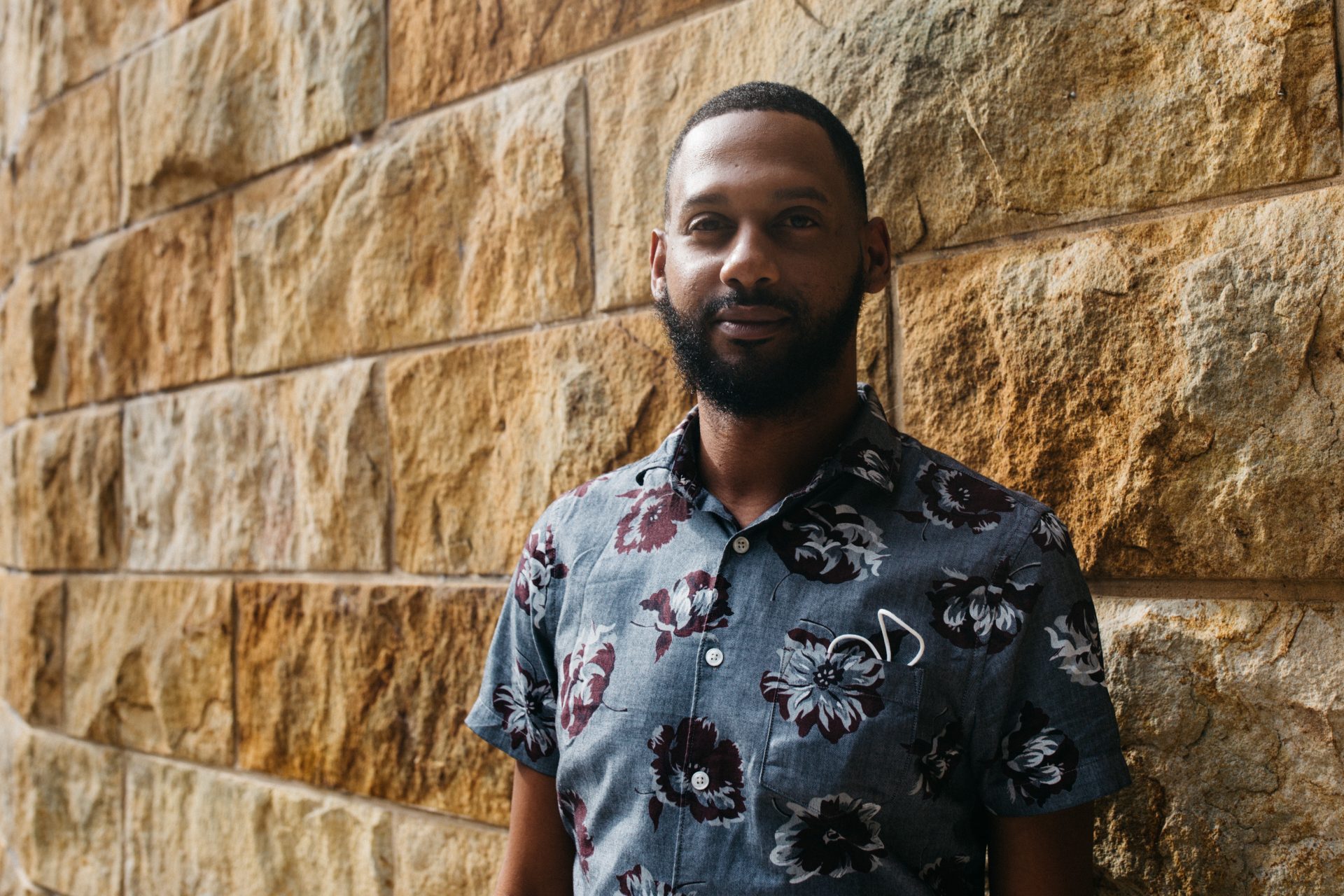
“People treating others unfairly – it doesn’t matter [who you are].” — Melvin Rojo
Harrisburg, Pa.
Compliance officer
What is your definition of racism?
“People treating others unfairly – it doesn’t matter [who you are]. You know, it doesn’t have to be white people treating Black unfairly, Black people treating white people unfairly. It is purely people treating people unfairly.”
What is one way that you have experienced racism personally?
“I am not too common on it, but I do experience it. I went to local bar here in Harrisburg and ordered a Corona and the gentleman said we have SOL, which is a cheaper brand of Corona, and then two Caucasian guys came in and ordered Coronas and he gave [it] to them. So, to me, that was very shocking.”
What is one way that you think that our region can work together to fight racism, how can we do better?
“We all have to come together and say enough. People say that it is Blacks against Whites and Whites against blacks, but when we can come together no matter what race, gender, age or sexual orientation and say enough is enough, that’s when we’ll figure it out.”
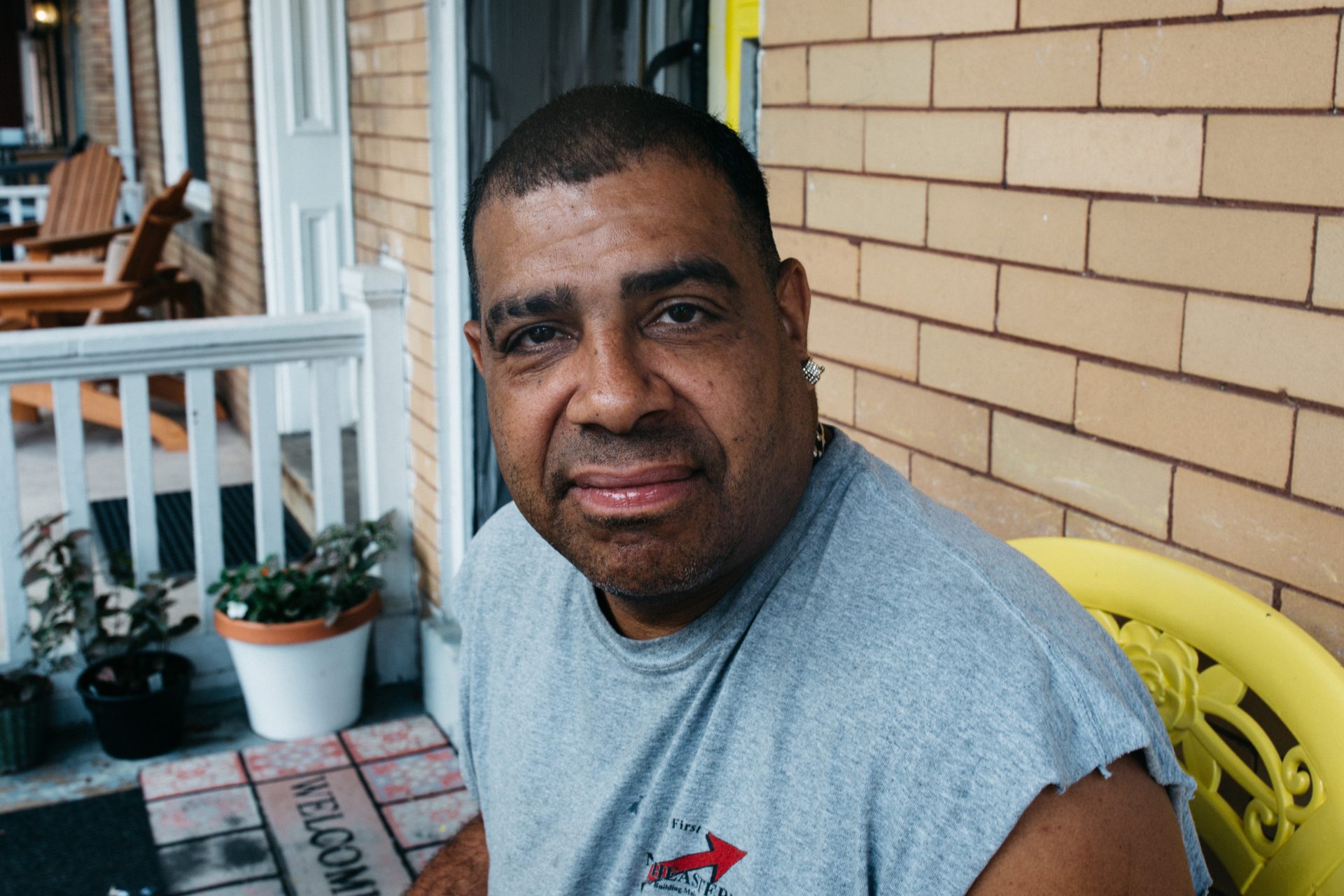
“Don’t look at [skin] color; people only look at others because of their color and that needs to change.” — Michael DeJesus
Harrisburg, Pa.
High rise window cleaner
How can we do better as a region to initiate a change?
Don’t look at [skin] color; people only look at others because of their color and that needs to change.
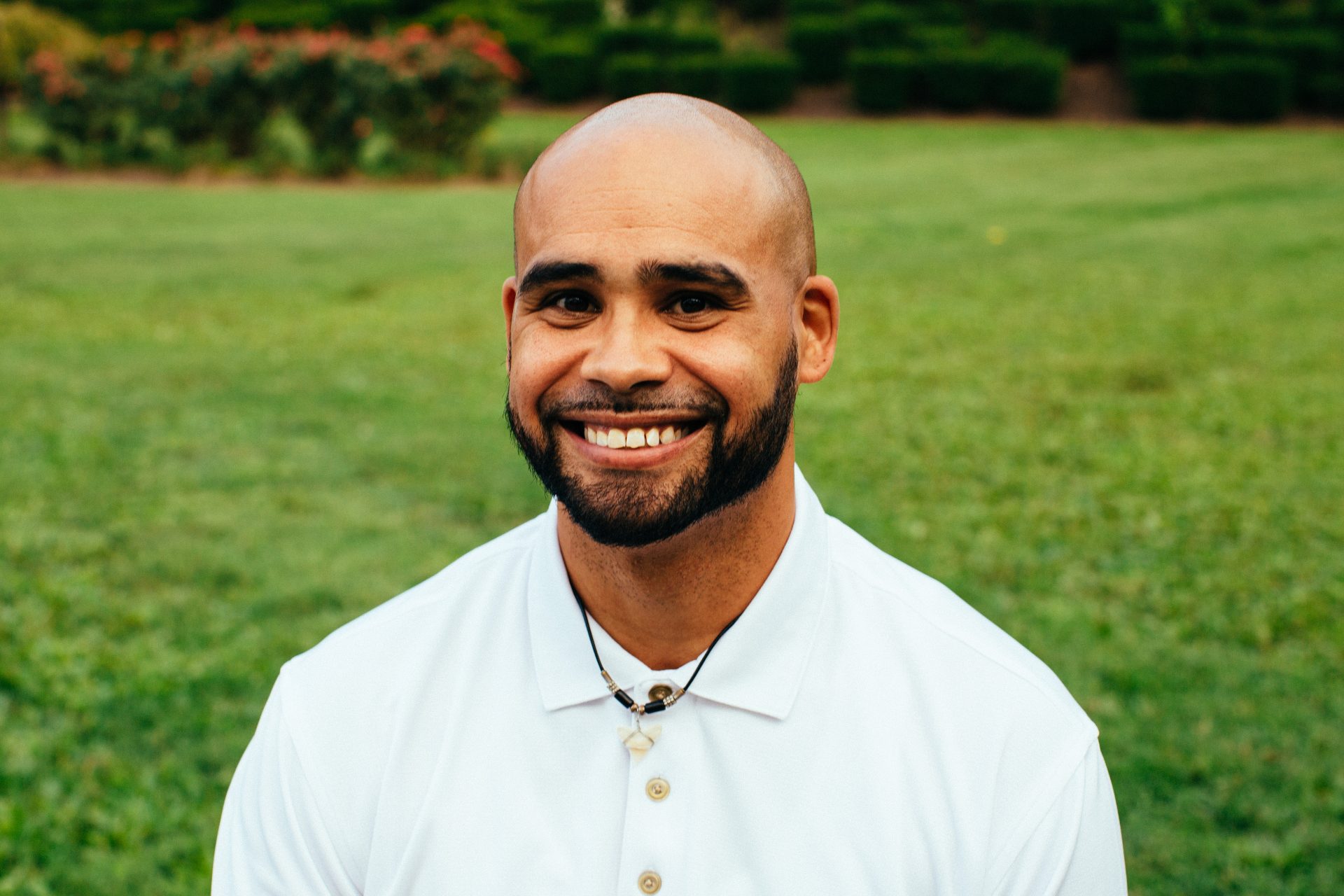
“As an adult, most of the racism that I’ve experienced has been working and talking with kids in my professional career.” — Mikell Simpson
Harrisburg, Pa.
Founder and Chief Executive Officer
Capital Rebirth
What is your definition of racism?
Any type of negative thought or action taken on another person based off the skin color.
How have you experienced racism within our region?
My first experience with racism was at Penn State University when they were recruiting me for football. During my junior year in high school when I was there for a tournament, me and a couple guys were walking around campus, and people started yelling the N-word from the dorms.
As an adult, most of the racism that I’ve experienced has been working and talking with kids in my professional career. They’ll call me the N-word, and to me, that says a lot more about them and how they want to entice me into acting in the behavior that is seen on TV, heard through music or certain stereotypes that they believe is how Black people are supposed to act.
What is one way that we can do better to initiate a change in our region?
I think we need to start by diversifying boards [of directors] in organizations and businesses in our region. Minorities and different races need to be on these boards so we can have our views represented. When rules, regulations and laws are being written and proceeded, it’s usually all white people that are making the decisions and they don’t take into consideration how certain decisions will impact different races.
Minorities need to start having confidence that we can fulfill these roles, because a lot of times, we are scared – we have only seen white people in those positions. A lot of our dreams are cut, because we’ve never had the opportunity to see someone that looks like us do certain things.
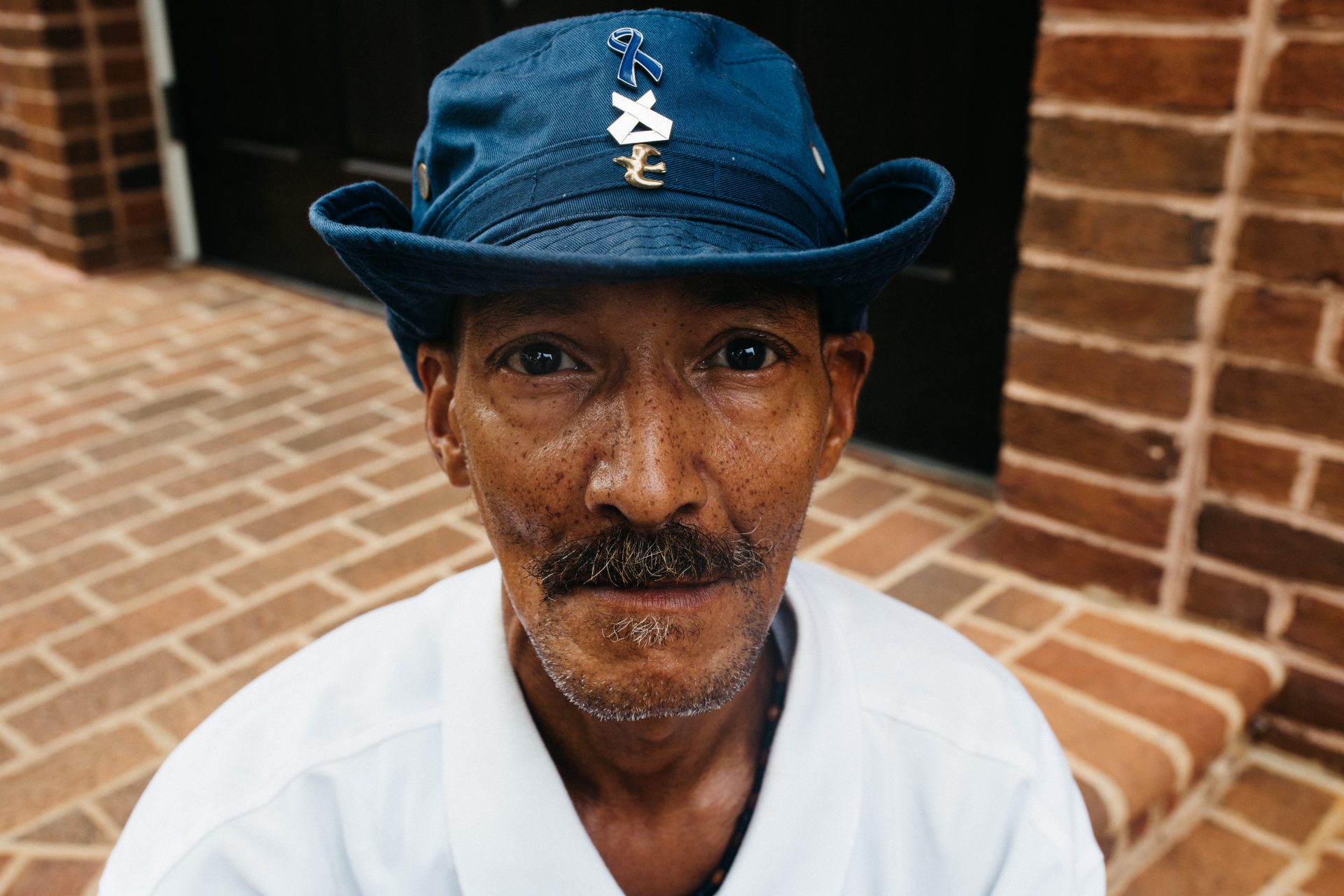
“I really don’t [experience racism] because I don’t look at skin color.” — Pastor John
Harrisburg, Pa.
Salvation Army Soldier
What is your definition of racism?
Racism is when people look at skin color instead of the hearts and disrespect others because of their ethnic background.
How have you experienced racism within our region?
I really don’t [experience racism] because I don’t look at skin color. Because of the way I was raised and how I carry myself, I don’t have that problem.
What can we as a region do to be better and initiate a change?
We can start looking at people’s hearts instead of dictating what society says and does because society is not right, society puts labels on us so they can keep the control. If we get rid of labels and start looking at humans as being a human being, we can make things better.
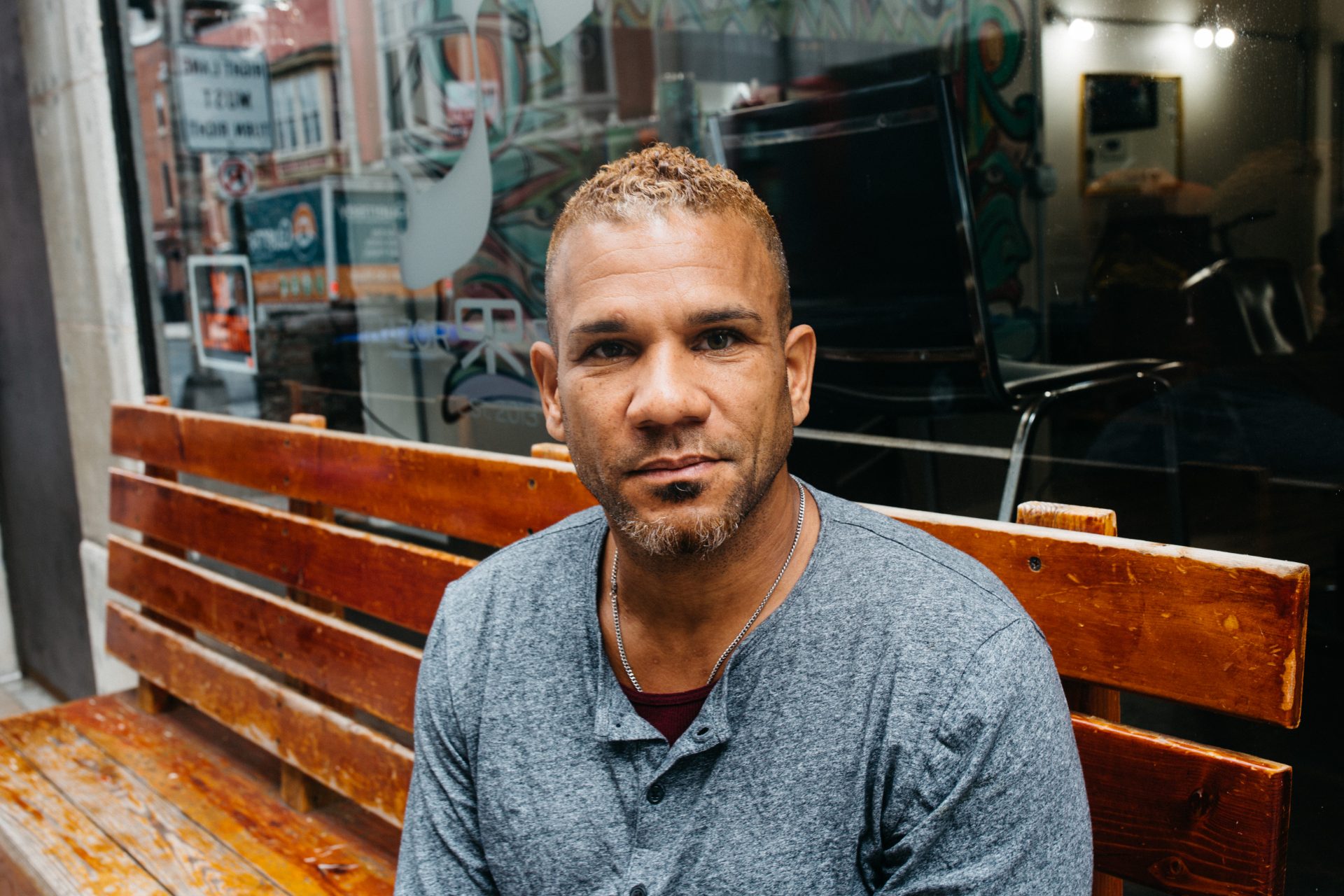
“Believing that one race is superior to another based off ethnicity.” — Robert Warner
Harrisburg, Pa.
Owner, Rayzor Ryans Barbershop in Harrisburg, Pa.
What is your definition of racism?
“Believing that one race is superior to another based off ethnicity.”
What is one way that you have experienced racism personally?
“Growing up, I went to an all-white school and I wasn’t allowed to have access to certain things that my counterparts and peers did. So, when I couldn’t have that access, it limited me and with that limitation, I was already at a deficit. I had to be more creative in achieving a goal and work harder. Even if I did work harder, sometimes I still didn’t get the opportunity or the access.
It turns into psychological trauma and you start to feel less than, and you start to believe it, and once you believe it, you will just go with it. If you don’t have a good set of coping skills, you usually resort to alcohol or drugs because you don’t have the necessary access to medical benefits. So, you can’t get therapy for your issues, and because of that, you’ll start to self-medicate — maybe smoke some marijuana to deal with all of it. When you get entangled in that web and start a life of crime and you start to self-loathe and self-destruct.”
What can we as a region do to initiate a change?
“Our society is hard, and I don’t think it will ever change. For someone to survive [racism], it is what it is – I grew up with it my whole life. It’s not as bad as it was, but it’s not going to get any better. People are going to still teach that base from insecurities – it’s not going to change. We know how to change, but we’re just not going to do it.”
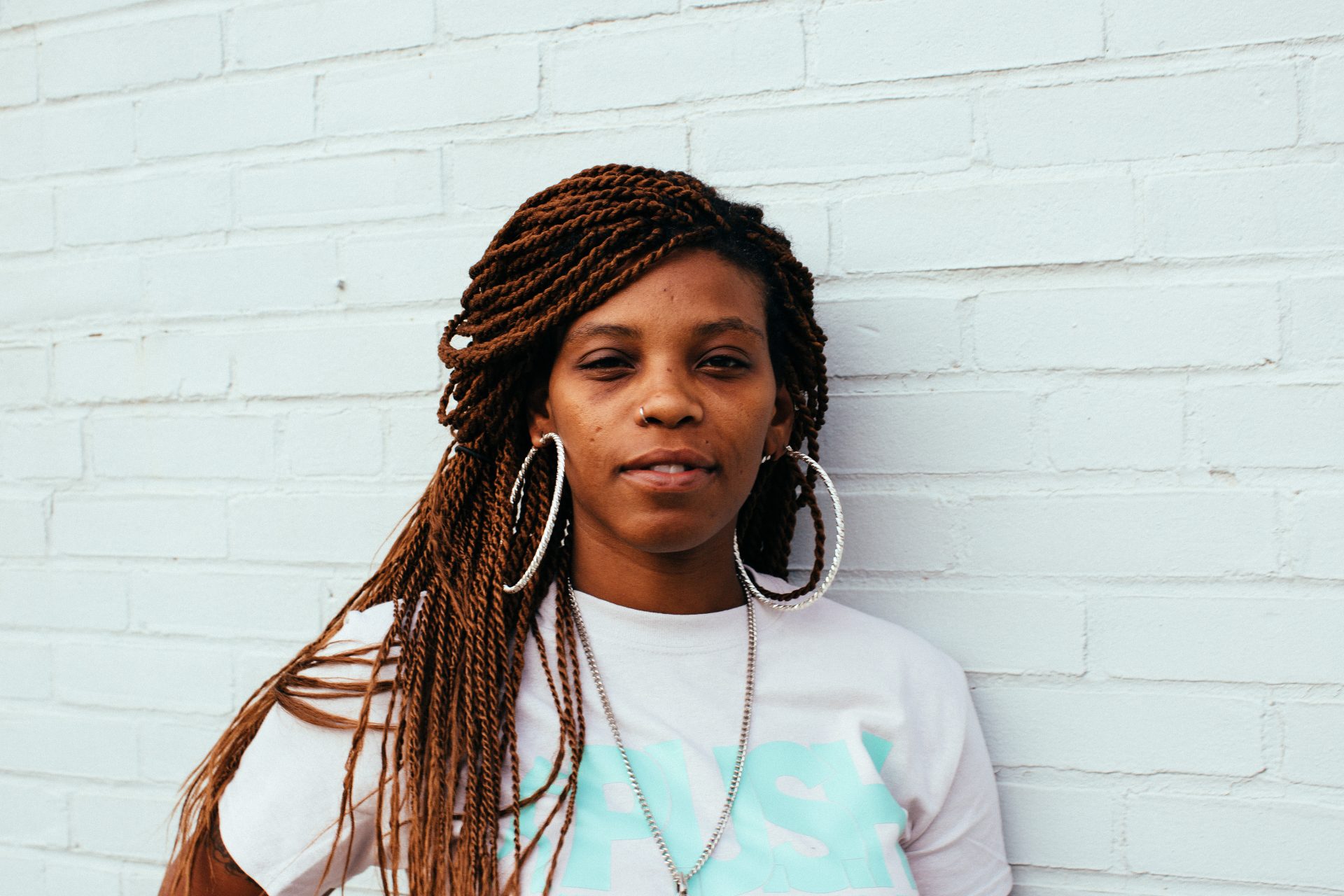
“We need to end gun violence, stop bullying and end stereotyping based off of where you live or the color of your skin.” — Shakera Carter-Clark
Middletown, Pa.
What is your definition of racism?
My definition of racism is ignorance and the hate that people have for others that have different skin colors.
How have you personally experienced racism in our region?
I experience racism every day because I am an African American. My kids and I live in a mostly Caucasian community and we really can’t be ourselves because of how our neighbors treat us.
What is one way that we as a region can do better?
We need to end gun violence, stop bullying and end stereotyping based off of where you live or the color of your skin.
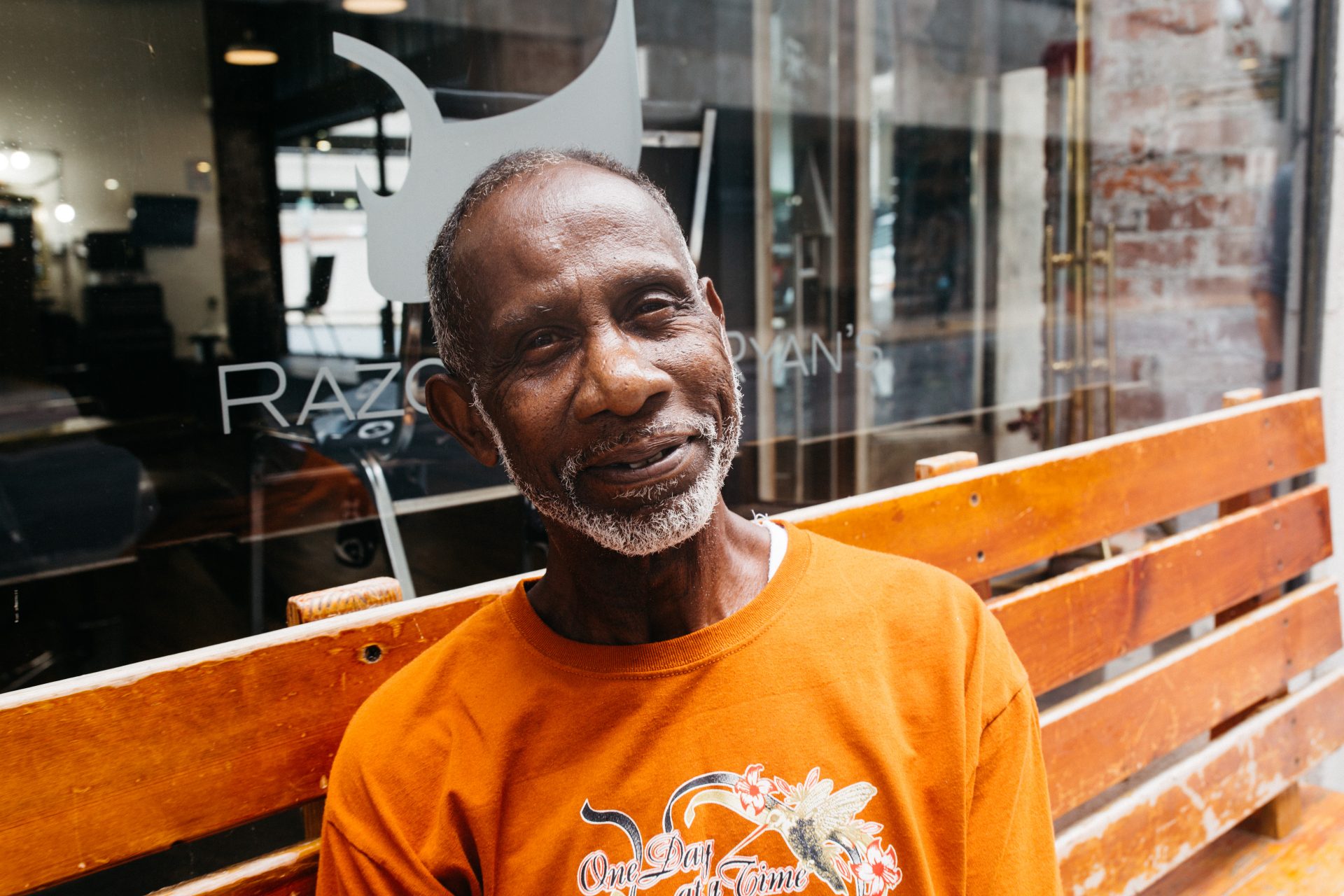
“We had to go through the back door of white folk’s homes and could not [enter through] the front [door].” — Sterling Tarbert
Harrisburg, Pa.
Addiction Recovery Specialist
“I grew up in the segregated south in the 50s in Florida and I don’t know if you’ve ever seen the movie, The Help, that was my mother and grandmother. We had to go through the back door of white folk’s homes and could not [enter through] the front [door].
What I was told by my grandmother later is that when the white folks she was working for moved to Westport, Connecticut, she could not bring me until she could afford to bring me. When I was seven years old, I went on a Greyhound bus from Florida to Connecticut by myself.
In Florida, I went to an all-Black school and when I moved north was integrated and obviously had culture shock. It was a big difference back then. Down south in that time, it was called overt racism, meaning you knew where [people] stood. Right now, it’s covert racism, it’s embedded and bred in people and it is taught from certain ages. No one grows up and says, ‘I hate all Blacks’. For a long time, I had problems with white folks – I realized that it wasn’t them, it was what was inside of them.”
What is your definition of racism?
“Racism is that because of the color of one’s skin and or ethnicity, they are treated differently. It doesn’t have to be a white person hating a Black person, because you can be racist towards any ethnicity because someone told you to be.”
How have you personally experienced racism living in this area?
“I’ve been in here in the Harrisburg Area since 1991. I really can’t say that I have experienced it to a degrading degree, although I have experienced it with based on the color of my skin until they realize that I’m educated. I’ve been on the streets and I’ve been homeless, and as a homeowner, I’ve [finally] gained a lot of respect.”
What is one way that you think that we as a region can change – how can we do and be better?
“Change is not going to happen overnight because [systemic racism] didn’t happen overnight. It’s embedded into the fabric and the core of this country. A person learns how to be ignorant, and that means they can unlearn how to be [ignorant]. We have to come together collectively as a human race to do something about it, and stand up, but I don’t see that happening.”
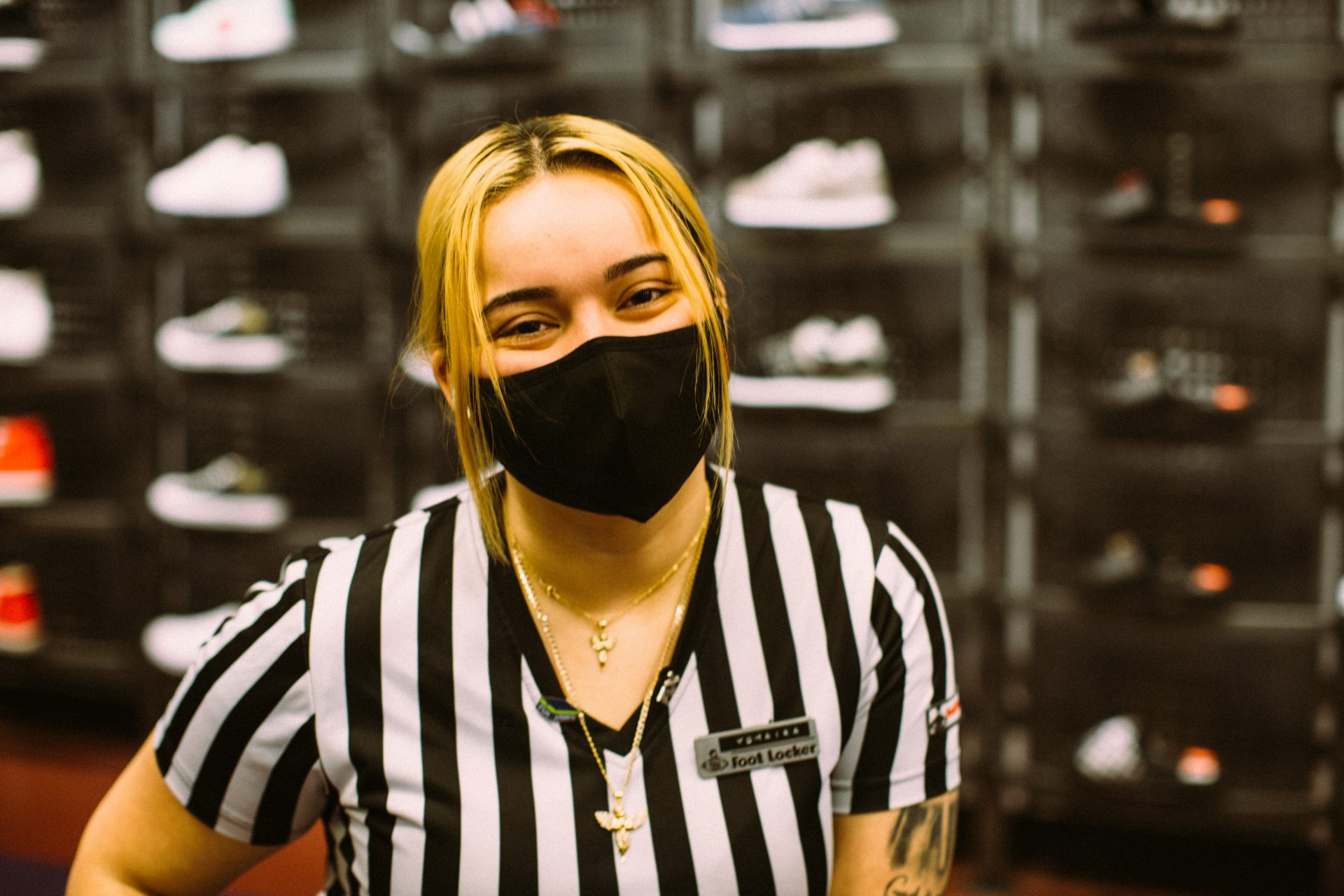
“We all bleed the same color.” — Yomaira D.
Harrisburg, Pa.
Sales associate
What is your definition of racism?
When people are not being fair to others based on their [skin] color.
How have you experienced racism?
In my job, customers have come in and acted like they have more power than I do based on the color of my skin in an attempt to belittle me.
What can we as a region do to initiate a change?
I think that we all have to learn to realize that no matter what skin color we have, we all bleed the same [color] blood and are essentially the same no matter our circumstances.
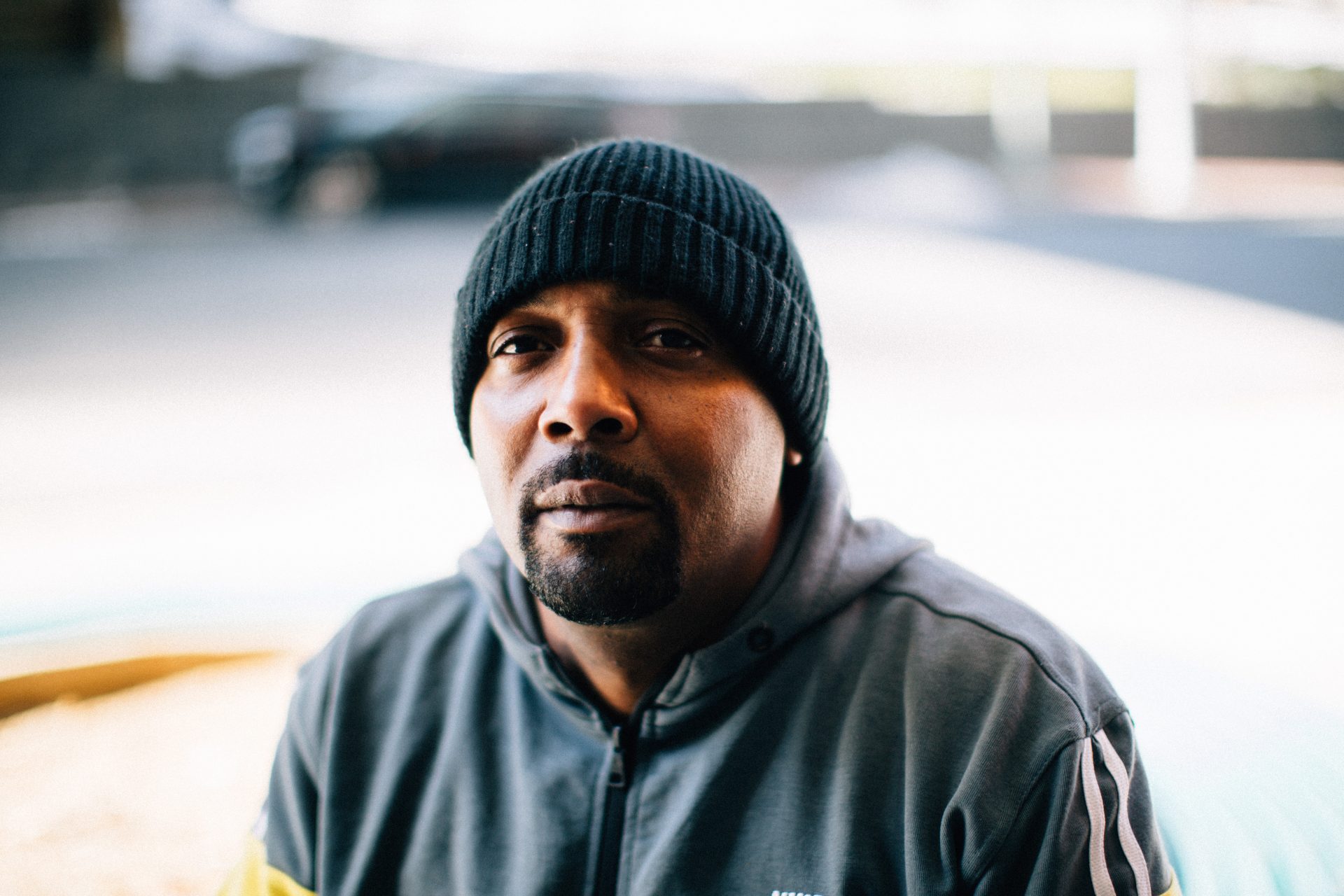
“I think we can initiate change by starting with trying to understand one another.” — Lamont Jones
Harrisburg, Pa.
President
Jones Resources
What is your definition of racism?
I think [racism] today is more systemic and not so much Black versus white. I do believe that it can still be based on [color], but the racism that I have experienced isn’t as outright as it was 50 years ago when it was more physical and obvious.
How have you experienced racism within our region?
Being that I have been incarcerated, I have been abused, beaten, pepper sprayed and much worse for standing up for what I believe in as a Black man.
What can we as a region do to initiate a change?
I think we can initiate change by starting with trying to understand one another. If we look at one other as human beings with differences, we will begin to curb some of the unheard and unseen occurrences of racism.

